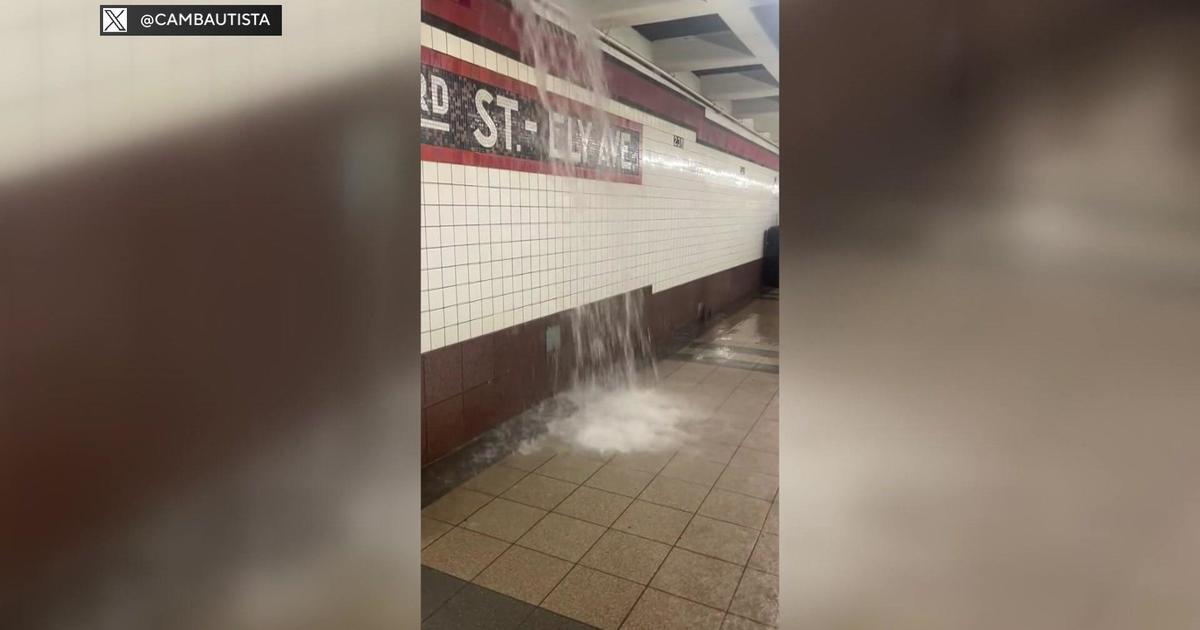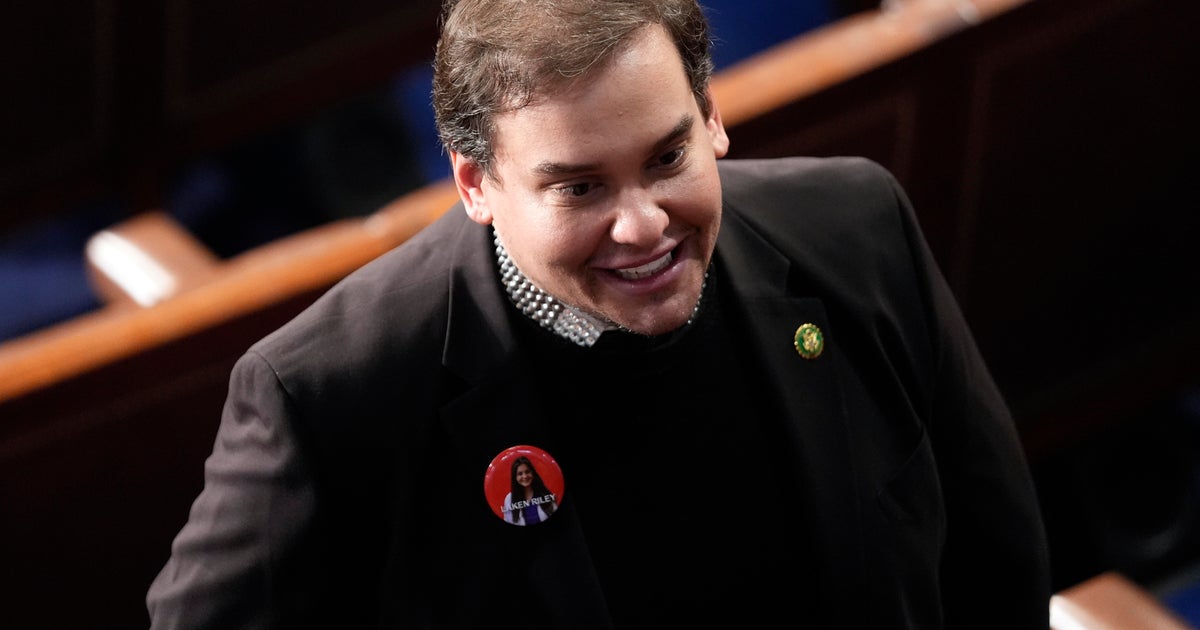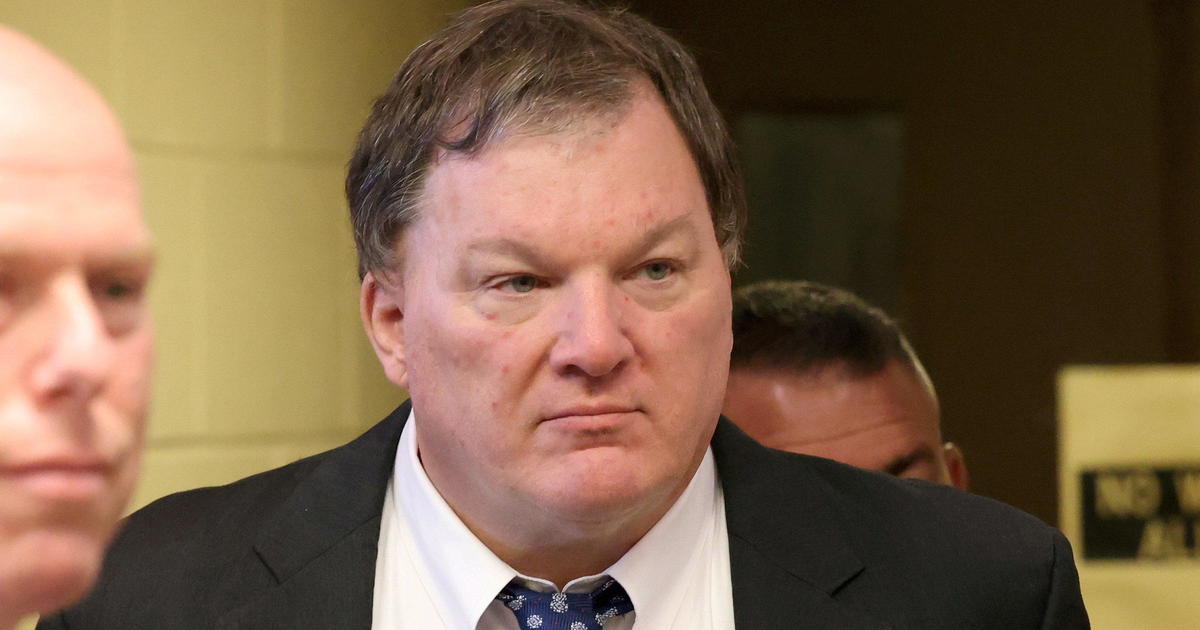Lawmaker's Lawsuit May Challenge Conn. Budget
HARTFORD, Conn. (AP) -- A state senator's legal challenge of a little-known fee on many Connecticut electric bills could create yet another massive hole in the state's already deficit-plagued budget, should the tea party-backed lawmaker win in court.
Sen. Joe Markley, a Republican from Southington, said he believes the General Assembly and former Gov. M. Jodi Rell deceived taxpayers when they decided to borrow up to $1.3 billion last year to help balance the budget. To pay off the bonds, officials extended a fee that customers of Connecticut Light & Power and United Illuminating have been paying to reimburse the utilities for their expenses following electric deregulation in 1998.
Once those expenses are paid off, the fee would remain on customers' bills but the money would go to the state.
"This thing was hastily done and was an attempt to do it kind of in a way that nobody would notice it,'' said Markley. "It's kind of like, well, no one is going to notice because they're paying it anyway,'' he said.
He estimates the fee amounts to about $100 a year for the average family, but it's in the thousands of dollars for businesses and municipalities.
Markley, who was elected in November, decided last year to sue the Department of Public Utility Control over the matter, arguing the fee is inequitable. For example, customers of municipal electric companies were not charged the fee.
His case has reached the state Supreme Court, which is expected to decide if it can move forward. Last week, Markley's two lawyers, who have donated their services, argued that a lower court should hear the merits of the case and decide whether the tax is equitable. The state, meanwhile, has sought an expedited ruling because State Treasurer Denise Nappier has yet to issue the bonds to cover the deficit in the current fiscal year, waiting for Markley's lawsuit to be decided. Such pending litigation would have to be disclosed in an official statement, a snapshot of Connecticut's financial health, to potential investors.
The treasurer needs to market and close on the bonds before June 30, the end of the current fiscal year.
Gov. Dannel P. Malloy said he realizes that if Markley wins, or if the case is sent to state superior court for a potentially lengthy review and appeals, it adds to the fiscal problems he's been elected to fix. It's estimated to create a $647 million hole--possibly less--in this year's $19.2 billion budget, given the cost-savings efforts and improved revenue collections.
"For a guy who has got a $3.3 billion (deficit) in next year's (budget), $647 (million) in this year's would be a concern, I can assure you,'' Malloy said Friday. "I am well aware of it.''
Malloy said he has not been personally involved in coming up with a contingency plan for covering the $647 million. However, he said if the courts rule in Markley's favor, determining the fee is illegal, Malloy said his administration would have to go to the General Assembly and ask lawmakers to ``repackage that approach.'' He did not provide further details, but acknowledged it would likely involve some other form of borrowing.
Malloy has been a vocal opponent of borrowing money to cover operating expenses.
"I think the fee was fair. I think it was misguided. It's not a public policy I would have otherwise promoted or supported,'' he said. "If you're asking do I believe it to be legal? The answer is yes.''
In a court document, Sarah Sanders, the assistant treasurer for the debt management division, said if the financing is not completed and the legislature does not take any action to cover the deficit, the state might have to use economic recovery notes to make up the shortfall. ERNs are repaid from the state's general fund and "would create additional credit and budgetary issues and may result in higher financing costs due to the lower credit rating on these types of notes.''
Markley said he isn't bothered by the possibility he could be making the state's current budget challenges more difficult. In the long run, he argues, his actions will help Connecticut.
"I feel about it like I would watching a friend, who had been drinking all evening, go back to the ATM one more time to take more money out of the bank,'' he said. "Yes, you might think this is a good idea right now, but when you wake up in the morning, you're going to wish you hadn't taken out any more money.''
(Copyright 2011 by The Associated Press. All Rights Reserved.)



